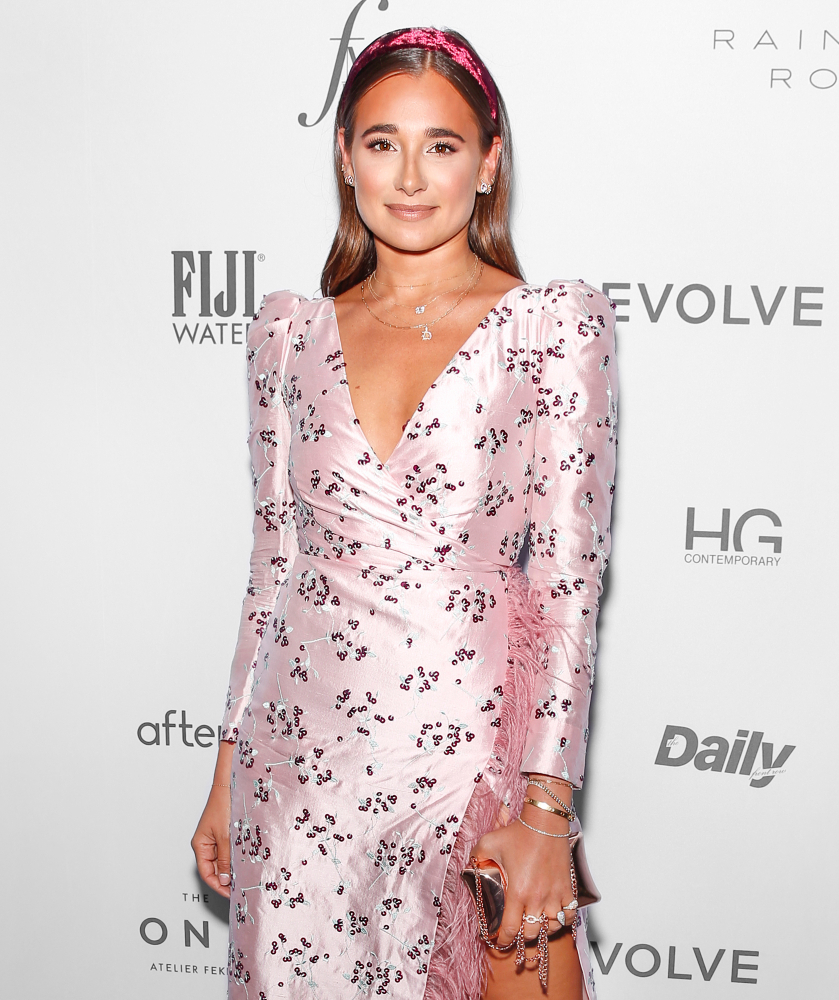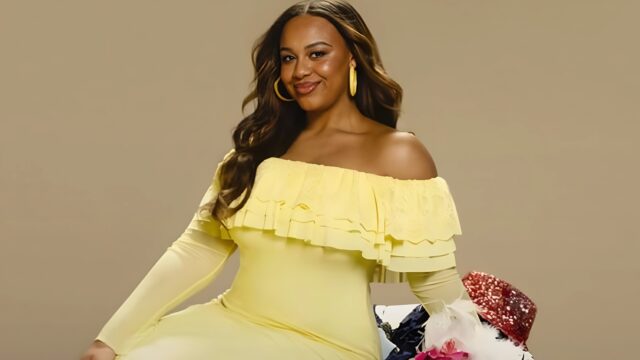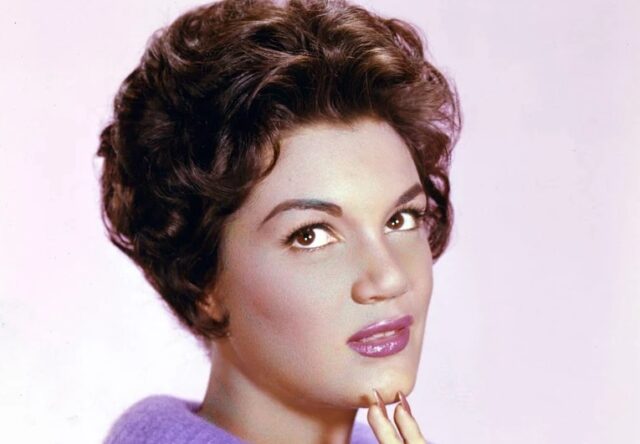Danielle Bernstein Uses Her Platform to Amplify Black Voices

Danielle Bernstein is amplifying black voices by sharing the thoughts of eight of her followers to the rest of her 2.4 million Instagram followers.
“With influence comes responsibility,” said Bernstein in a recent Instagram post. “It means recognizing my voice is not the one that needs to be heard right now. Instead, I want to amplify black voices.”
Tiffanie Lynn Davis (@itstiffaniedavis) discusses black trauma, explaining that the black community is exhausted to the point that it’s hard to describe the pain they are in.
“Black trauma is real,” said Davis. “On a daily basis, we’re forced to deal with injustices in the workplace. Then we need to build our own businesses because we were never valued in these corporations. On top of that, we’re fearing for our lives, placed in situations solely due to the color of our skin.”
Shantel Rousseau (@shantelrousseau) talks about how it’s not enough to be not racist, we have to be anti-racist, combating microaggressions, biases, and violence.
“White privilege does not mean that your life is easy and you don’t go through hardship,” said Rousseau. “What it means is that the color of your skin does not make you a perceived threat and that your life is not more difficult because of the color of your skin.”
Kenny (@kennyb_sbc), Bernstein’s friend from high school, encourages people to do more than post support on social media. He suggests donating to bail funds and voting in the primaries.
“This isn’t a black issue,” said Kenny. “It’s a human rights issue, and if you’re an ally in any capacity, this should fill you with just as much rage. When you’re vocal against injustices behind closed doors when none of us are around, that’s what speaks volumes.”
Ngozi Musa (@ngozimusa) explains that if you are silent, you are complacent. She encourages others to listen to black voices and become educated on racial injustices.
“Being a black person in America is tiring – it’s exhausting,” said Musa. “Even if you graduate from the best university in the world, you cannot escape racism, racial injustice, or prejudice.”
R’el Dade (@arie_carie) encourages others to use their privilege for good, speaking up for what is wrong, fighting microaggressions, and supporting diversity.
“When we see these unjust killings of black people, we see our brothers, we see our fathers, we see our sisters, we see our mothers, we see our friends, we see our family, we see ourselves,” said Dade. “It’s traumatic, It’s exhausting being fearful and treated differently because of the body that you’re born into.”
Devyn Simone (@devynsimone) explains that you initiate change by having difficult conversations with friends and family members, signing petitions, and being proactive.
“Your voice really matters,” said Simone. “Imagine a kid getting bullied on the playground. He cries out for help, but no one hears him. The other kids look away, the teacher says it’s not that bad, and his parents aren’t at the school all day, every day to defend him. The only way that kid stands a fighting chance is for others with the same perceived power, stature, and privilege to unite against the bully. Black voices have gone unheard on this issue for a very, very long time, and we need you to help amplify the message.”
Kayla Elizabeth Scott (@kaylascottt_) states that the black community is fed up.
“I’m only 20, but I know that one day in the future I do want to have kids, and the thought that I could have a black son grow up in this country where he’s seen as a target is infuriating,” said Scott. “George Floyd was someone’s son. And the thought of a mother losing her son because America views black men as less than human is unacceptable.”
Shanika Hillocks (@shanikahillocks) calls for people to do more than show support through social media. She encourages others to support black-owned businesses and actively be more inclusive.
“You know how to engage and inspire your audience, to make purchase decisions, to drive traffic to your websites, and to strategize long-term partnerships,” said Hillocks. “That same energy needs to be taken into account when considering yourself an ally. Today, consider what your allyship really means. Is it performative or are you placing action behind it?”
Listen to the full videos by going to @weworewhat on Instagram.




